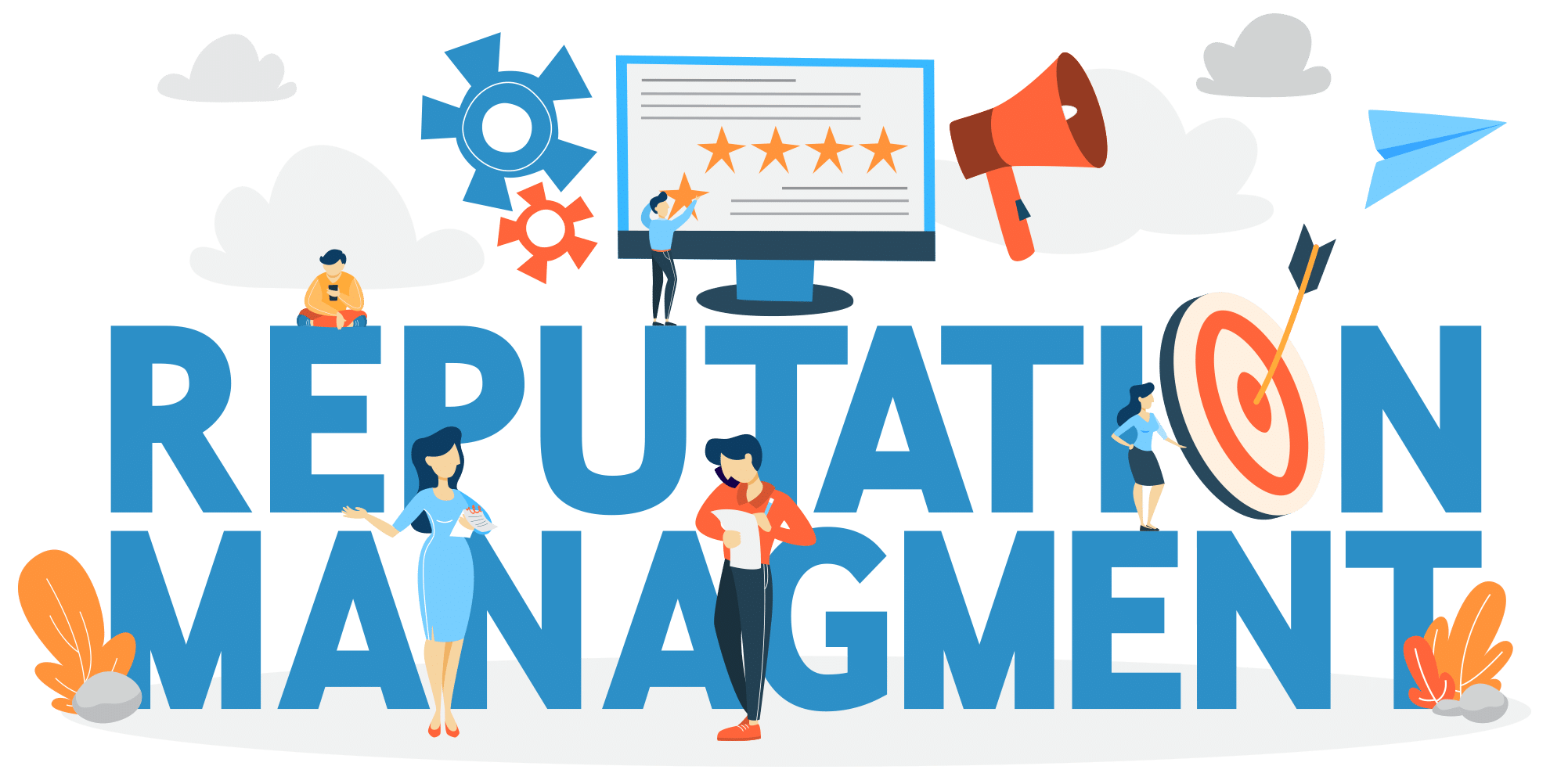Public relations, or communicating or engaging with members of the public, is what PR stands for. It also entails collaborating with public-facing organizations, such as the media or social mediainfluencerswith significant followings. The goal of this contact is to foster positive and trusting relationships between businesses, organizations, and charity and their target audiences.
Media Relations
Companies and organizations create relationships with journalists, which are often managed by public relations experts.
PRs find and develop stories that would be of interest to the reporter's target audience, allowing the journalist to spend less time producing the article.
Public relations professionals work on 'news stories,' which focus on current events, or more in-depth features, which examine trends or issues that affect people.
This is an excellent public relations tactic for organizations with compelling news, business, or human interest stories.
Using a trusted third party to get vital messages in front of the public is a tried and tested technique to get key messages in front of the public, even if the article is produced and pitched to satisfy the journalist's requirements (i.e. the publication).
Reputation Management
This is an excellent public relations technique for companies with compelling news, business, or human-interest tales to tell.
Using a trusted third party to get vital messages in front of the public is a proven and true technique to get key messages in front of the public, even if the article is produced and pitched to satisfy the journalist's requirements (i.e. the publication).
Organizations can use reputation management to align their values with those of their ideal consumers and other key stakeholders. Online, you can protect your reputation by promptly responding to and handling bad feedback, and outside, it's a strategy for organizations to establish credibility and trust.
The finest reputation management specialists are always looking for methods to improve the organization's reputation by implementing 'positive news' strategies such as charity collaborations, community investment, and employee well-being goals.
They also respond swiftly to any unfavorable reports about the firm, are excellent at determining the appropriate message to give at the appropriate moment, and have a deep understanding of the various aspects that come together to form a strong reputation.
Event PR
Many firms utilize events as a method to draw attention to their brand and key messaging. If you're a food brand, event PR is the process of creating an event that allows reporters and consumers to engage with the brand and its goals through an experience – think pop-up shop or tasting event.
The finest event PR is memorable for all the right reasons, allowing attendees to form good connections with the company.
The goal is to have people talking about your company because what they've seen, heard, and experienced has wowed them. A successful event should convert attendees into fans who will spread the news about your company.
Event planners are well-organized, resourceful problem solvers. Because the event concept is the starting point, the ability to think outside the box and come up with creative ways to get the message across is critical.
Great event PRs can seek suppliers, manage finances, take advantage of awareness days, deal with hurdles quickly, and keep everything operating well once the PR planfor the event is in place.
You should also know how toprepare a press release for an event so that you can use media exposure to increase attendance and brand awareness.
PR Campaigns
A public relations campaignis a well-thought-out strategy for achieving a specified goal. This can be a mix of different PR strategies, as long as they are all aimed at the same goal. They are frequently distinguished by a prominent message, a headline that grabs attention, a flagship event, or a strong call to action.
A public relations campaign centered on the release of a film or album is a simple example.
Interviews with the creatives will take place, there will most likely be a launch event, and there may be tie-in experiences or social media activities to promote the film/album and guarantee that the general public is aware of its release.
Strategic coordination, or the capacity to think of smart and effective ways to transmit brand messaging across a variety of activities that function together, is key to a successful PR campaign.
You must be creative, organized, and capable of coordinating teams that deliver various components of the campaign. You should also use your analytical thinking to assess the effectiveness of your marketing.
The top media monitoring services will be a must-have in a public relations' arsenal, tracking not only media coverage but also a slew of other engagement data.
What Is PR Mean In Business?
The technique of managing and guiding views of your business in order to acquire new customers and strengthen existing customer loyalty is known as public relations, or PR. Direct encounters, other people's actions and observations, and statements you make in the media and marketplace can all influence customers' impressions.
What Is PR In Social Media?
This is especially true in the fields of public relations and social media. PR used to be more focused on prominent people like investors, shareholders, and business partners, but with the development of social media, these people are now present on these platforms, which can be used for PR.
What Is PR And Marketing?
Let's start with how these two functions are defined: Public Relations: The professional management of a company's, other organization's, or famous person's favorable public image. Marketing is the process of marketing and selling goods and services, which includes market research and advertising.



